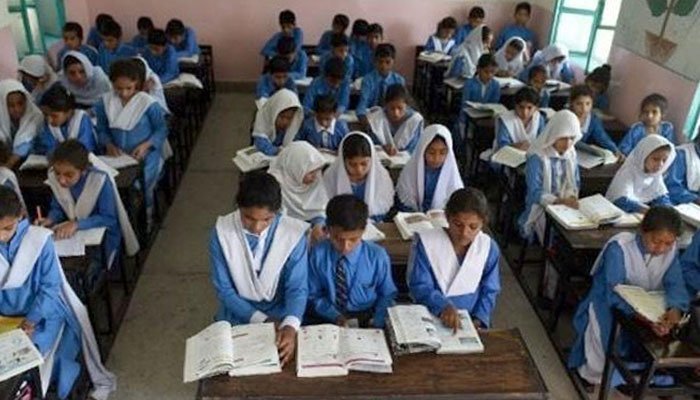
The Ehsaas program has planned to introduce the school enrolment drive nationwide. The main aim is to enhance the enrolment of the primary schools and to minimize the student’s dropouts. The drive will be launched by the collaboration of all the provinces and the affiliated authorities to make it successful. Earlier the meeting was held regarding the Waseela-e-Taleem program in which the various ministers participated. In the meeting, the ministers had also discussed the launching plan of the school enrolment drive that will also impact the literacy rate of the country. In this regard, the sub-committee will be constituted that will review the progress of the implemented program. Currently, the Ehsaas National Socio-economic Registry survey is going on and that is expected to be completed before June 2021.
Waseela-e-Taleem Digital Program
Previously the government had introduced the Waseela-e-Taleem digital program to facilitate the students of the school. Various reforms have also been introduced up till now in the institution infrastructures, the policy of stipend, and the expansion of the program at the national level. Through this program, five million students will be able to attend the school in all the districts of Pakistan over the duration of four years. According to the Ehsaas payment policy, the girls will get the Rs.2000/- and the boys will receive Rs.1500/- per quarter. To get the stipend it is necessary for the students to have at least 70% school attendance.
Outcomes of Program
Special Assistant to the Prime Minister on Social Protection & Poverty Alleviation Dr. Sania Nishtar has said that to enhance the outcomes of the program several options are under consideration. The main purpose of the program is to promote education and provide educational facilities to the students so that they can continue to study without having any financial crisis.. Dr. Sania has also appreciated the efforts of the ministry of education and professional training, the education department of the provinces, the ministry of economic affairs, the World Bank, and the Asian development bank for their continuous struggles and support to bring the deep-rooted reforms in the education conditional cash transfer program.












